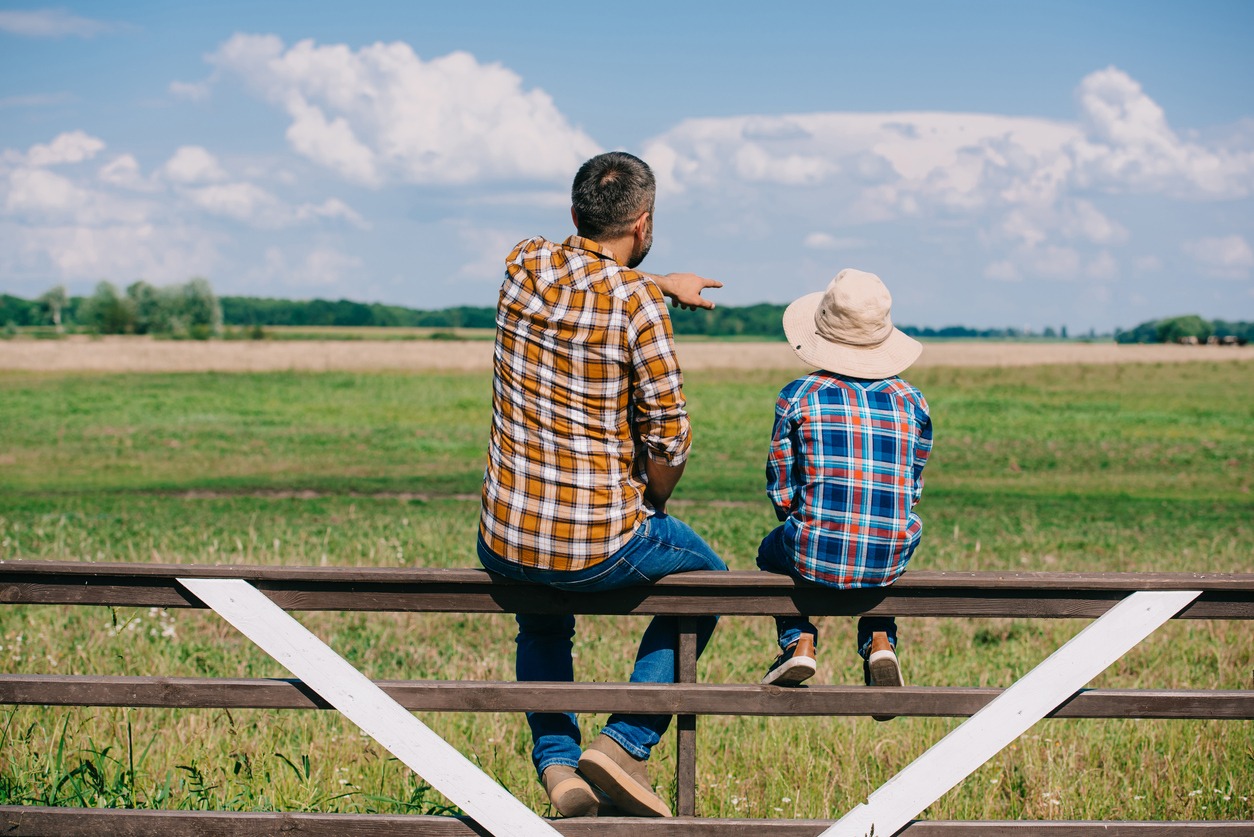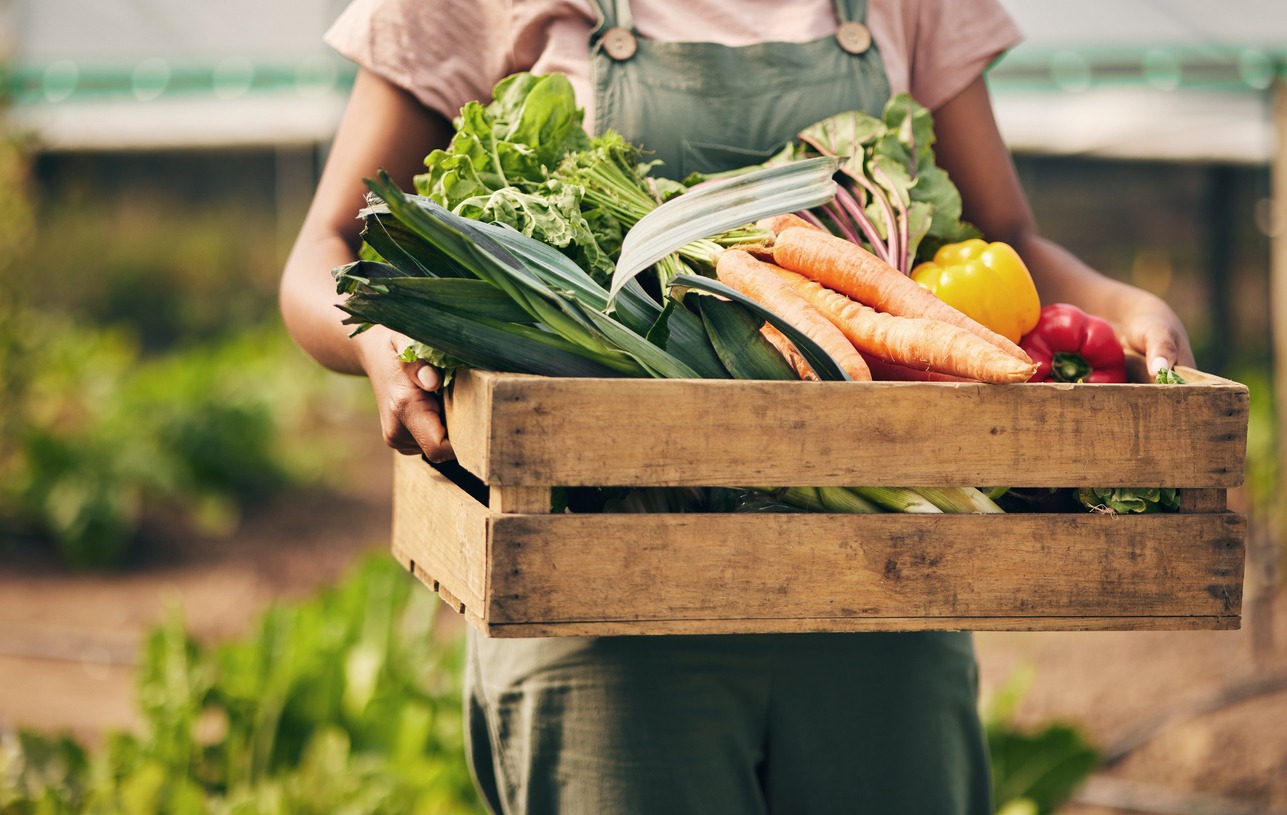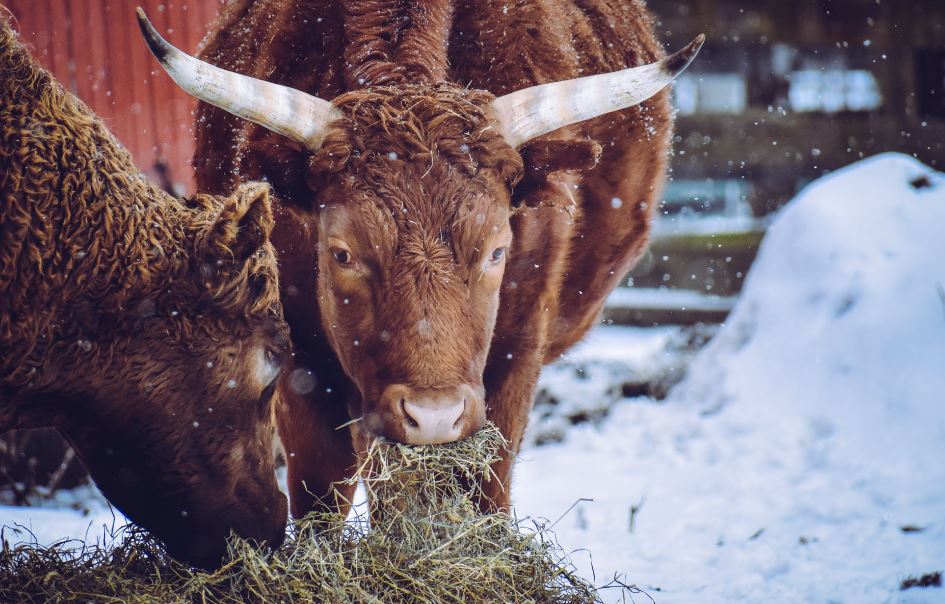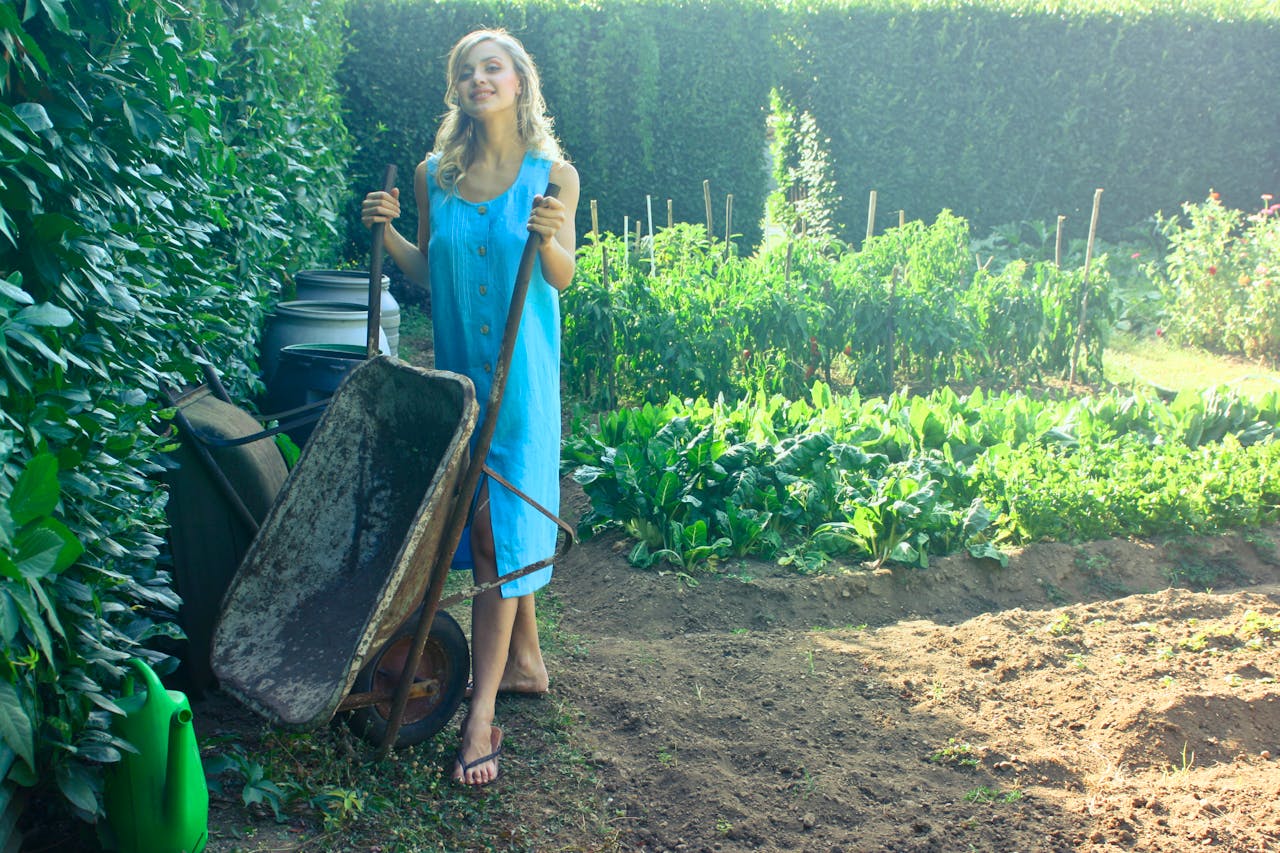DFW Family Homesteading Initiatives and Evenings at the Farm

The Dallas–Fort Worth area offers abundant family homesteading opportunities, from container and raised-bed gardening to permitted backyard chicken keeping in municipalities that allow it—especially in fast-growing suburbs like Frisco and McKinney where lot sizes often support these projects.
You’ll find farm-to-table dinners connecting families with local producers while showcasing seasonal ingredients. These gatherings provide both educational experiences and community building, with many farms hosting sunset events that combine agricultural learning with entertainment.
Faith-based initiatives are also creating spaces where sustainable farming meets spiritual practice and community well-being.
The Rise of Urban Family Homesteading in Dallas–Fort Worth
As the Dallas–Fort Worth metroplex expands at a rapid pace—adding tens of thousands of residents to Fort Worth in the most recent year—families are increasingly turning to urban homesteading as a practical response to both economic pressures and quality-of-life goals.
The region’s continued housing development, combined with moderating prices in some pockets, creates workable conditions for establishing your own small-scale food production system. Urban gardening initiatives have gained traction as DFW’s diverse population brings varied agricultural traditions together, further supported by local zoning in many cities that may permit backyard hens and extensive gardens—amenities that would be far costlier in coastal metros.
You’ll find this movement particularly strong in quickly expanding suburbs like Frisco and McKinney, where larger lot sizes accommodate regenerative practices. With Dallas–Fort Worth’s population projected to approach nine million by the late 2020s, urban homesteading offers a resilient supplement to community food security.
Sunset Gatherings: Building Community Through Farm-to-Table Dinners
The movement toward self-sufficiency doesn’t stop at individual homesteads—it naturally extends into meaningful community experiences. When you attend a sunset farm-to-table dinner in DFW, you’re participating in more than just a meal; you’re joining a community-building event that connects you directly with local farmers and food artisans.
These gatherings showcase seasonal ingredients through collaborations between farms and chefs, creating menus that reflect DFW’s agricultural bounty. Beyond delicious dining, these events serve as platforms for food literacy, teaching guests about sustainable practices and seasonal eating. Farm-to-table events like harvest festivals and tasting trails also contribute to regional tourism and small-farm revenue.
The economic impact ripples throughout the community, supporting small producers while reducing transport footprints through local sourcing. You’ll leave with not only a satisfied appetite but also new connections to both the land and your neighbors.
Youth Development Through Hands-On Agricultural Experiences
Young minds blossom when they dig into agricultural experiences that connect them to the land and food systems. In DFW’s homesteading initiatives, you’ll find children developing critical thinking and problem-solving skills through experiential learning models that turn abstract concepts into tangible outcomes.
These programs often leverage the SAE (Supervised Agricultural Experience) framework, allowing youth to apply classroom knowledge while building responsibility and work ethic. This approach reinforces lessons from science, math, and economics, making agricultural education truly multidisciplinary. Your children can explore hundreds of agricultural career pathways while participating in FFA chapters serving both urban and rural communities across the metroplex.
Beyond career preparation, these hands-on activities foster confidence and social belonging. When youth engage with local farming, they’re simultaneously improving physical activity, environmental awareness, and basic financial literacy—creating well-rounded individuals prepared for diverse future opportunities.
Sustainable Living Practices for North Texas Homesteaders
View this post on Instagram
The agrarian shift from corporate careers often finds expression in DFW’s vibrant seasonal celebrations. You’ll discover family farms across the region hosting harvest festivals that provide authentic seasonal immersion through pumpkin patches, hayrides, and farm-to-table tastings. These events nurture multigenerational traditions while educating visitors about sustainable agriculture and crop cycles. Richardson’s Huffhines Harvest Fest showcases children’s entrepreneurial talents alongside hands-on fall activities. Frisco Fresh Market transforms into a family-friendly celebration with DIY seasonal crafts. Community harvest events around Fort Worth pair live music with local farm marketplaces. The two-day Huffhines celebration invites families to explore a dedicated scarecrow display while enjoying arts and crafts. Petting zoos and animal encounters teach children about everyday aspects of farm life. Community-focused activities like scarecrow building and basic canning demos help preserve agricultural heritage. Across the DFW metroplex, faith-based agricultural communities are emerging as centers for restoration, where spiritual practice intertwines with regenerative methods. You’ll find these groups implementing nutrition education and movement programs while promoting ecological renewal through soil-building practices. When you visit local faith-rooted farms and gardens, you’re entering spaces where many food pantries and community partners collaborate—addressing physical nourishment and social belonging. These communities work to counter chronic conditions by cultivating culturally relevant foods and hosting wellness activities. Trained lay leaders often co-teach nutrition and cooking classes alongside professional educators. Beyond food production, these initiatives foster economic participation and land stewardship, helping mend disconnections created by industrial food systems while building alternative networks rooted in faith traditions and community self-sufficiency.From Corporate Life to Agrarian Values: Family Transitions to Farming
Seasonal Celebrations and Harvest Festivals at Local Family Farms
Faith, Farming and Healing: Restorative Agricultural Communities




